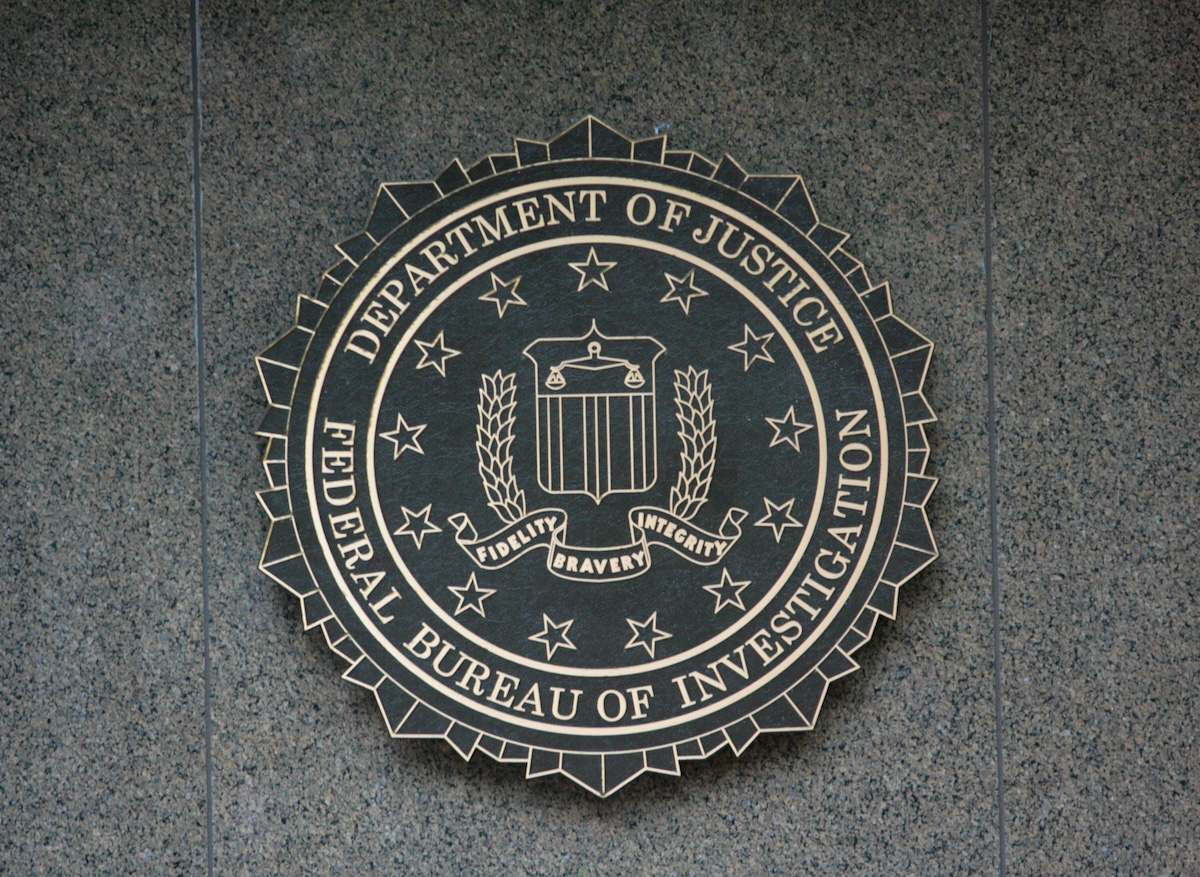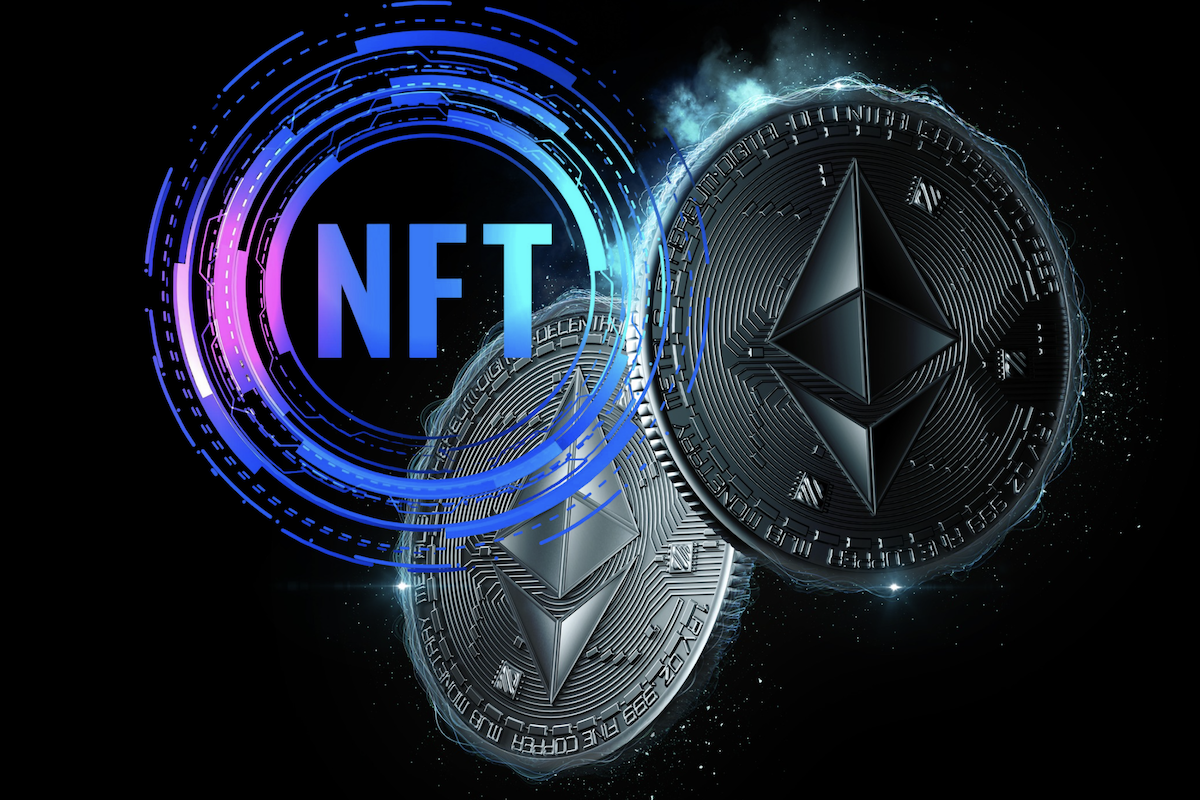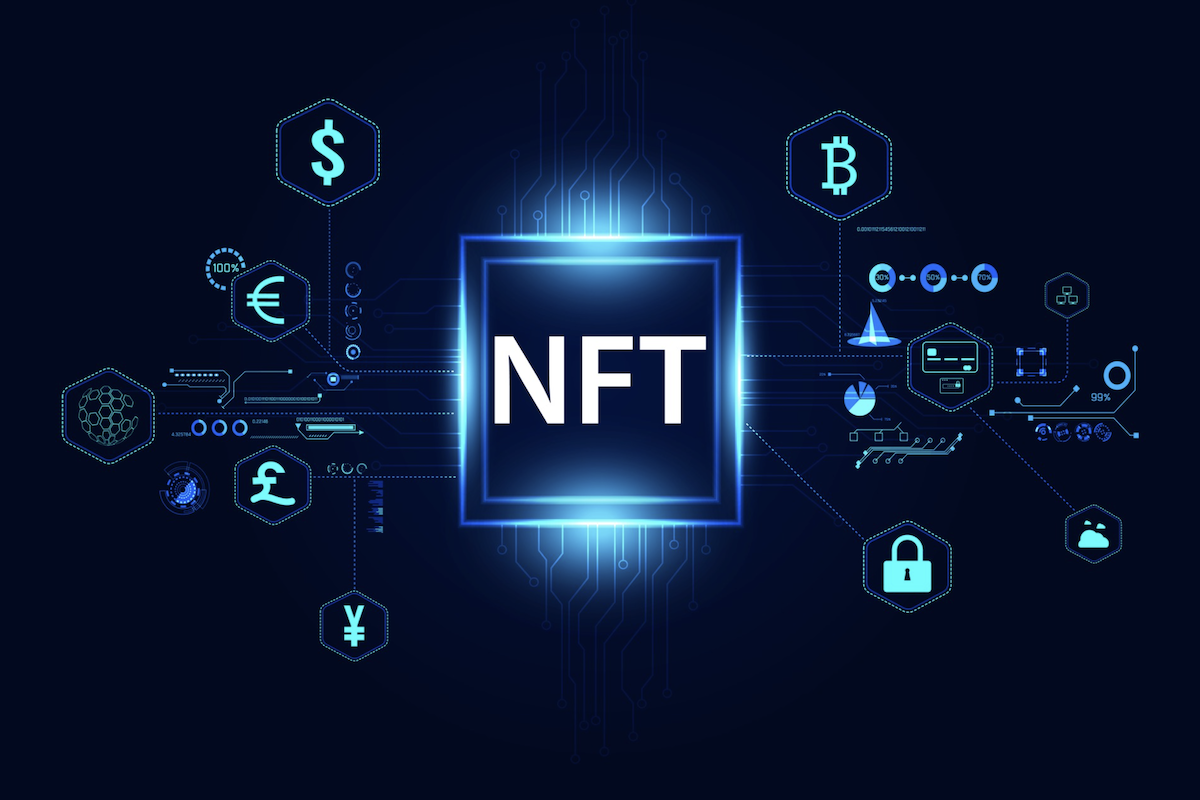Lotte and Hyundai Exit NFT Market as Korean Retailers Refocus on Core Business
Lotte and Hyundai exit the Korean NFT market as they shift focus to core operations. Learn about the impact of this industry shift and what it means for the future of NFTs in South Korea.

Several major retail companies in South Korea, such as Lotte and Hyundai, have announced their departure from the non-fungible token (NFT) market. This marks a significant change in their digital strategies, as they respond to a slowdown in the NFT industry and redirect resources towards their primary business operations.
Lotte's Withdrawal from NFT Market
Lotte Home Shopping, the e-commerce arm of retail giant Lotte, has announced that it will discontinue its NFT shop platform on July 2, 2024. The NFT offerings, which were originally introduced in May 2022, were integrated into the Lotte Home Shopping mobile app as part of a larger plan to build a metaverse platform.
The platform stood out for its feature of enabling non-crypto users to buy NFTs using fiat currency (KRW). These NFTs included themed assets from the horror movie “The Witch: Part 2. The Other One,” virtual collaborations with influencer Lucy, and NFT collections featuring Lotte's corporate character Bellygom.
Additionally, there were plans in progress to allow for secondary NFT sales on Opensea, which is recognized as the largest trading platform for NFTs in the world.
Hyundai's Exit from NFT Sector
Similarly, Hyundai, one of South Korea's major retail players, has decided to withdraw from the NFT scene, following in the footsteps of fellow retailer Lotte. Introduced in the same year as Lotte's platform, Hyundai's NFT wallet initially offered customers incentives like free gifts and discounts. However, as the market experiences a slowdown, Hyundai is choosing to refocus its resources on its core business areas.

Source: Depositphotos
Shinsegae's Reduction in NFT Activities
Another major player in South Korea’s retail sector, Shinsegae, has significantly reduced its NFT offerings. According to an industry source, retailers who initially rushed into the NFT market are now scaling back as market momentum decreases. The insider further stated that retailers are redirecting their efforts towards enhancing the competitiveness of their main business sectors.
Market Slowdown and Strategic Refocusing
The recent slowdown in the NFT market has prompted retail giants to reevaluate their strategies. Instead of focusing on their NFT ventures, they are now redirecting resources towards strengthening their main business competencies.
The regulatory environment in South Korea is constantly evolving, with a variety of rules and laws in place to govern various industries.
This movement by major retailers is in line with South Korea's changing regulations concerning NFTs. The country's primary financial regulatory body aims to categorize certain NFTs as virtual assets. This labeling would entail businesses that issue these NFTs to report them to the government, resulting in an additional level of regulatory adherence.
Final Thoughts
The departure of major South Korean retailers from the NFT sector highlights a significant change in their strategic approach due to market conditions and regulatory shifts. While they prioritize their primary operations, the NFT market is facing a period of adaptation and possible regulatory inspection. The fate of NFTs in the retail industry remains unknown, but these events signify a noteworthy change in digital strategies for top South Korean retailers.
Featured Image: Depositphotos





